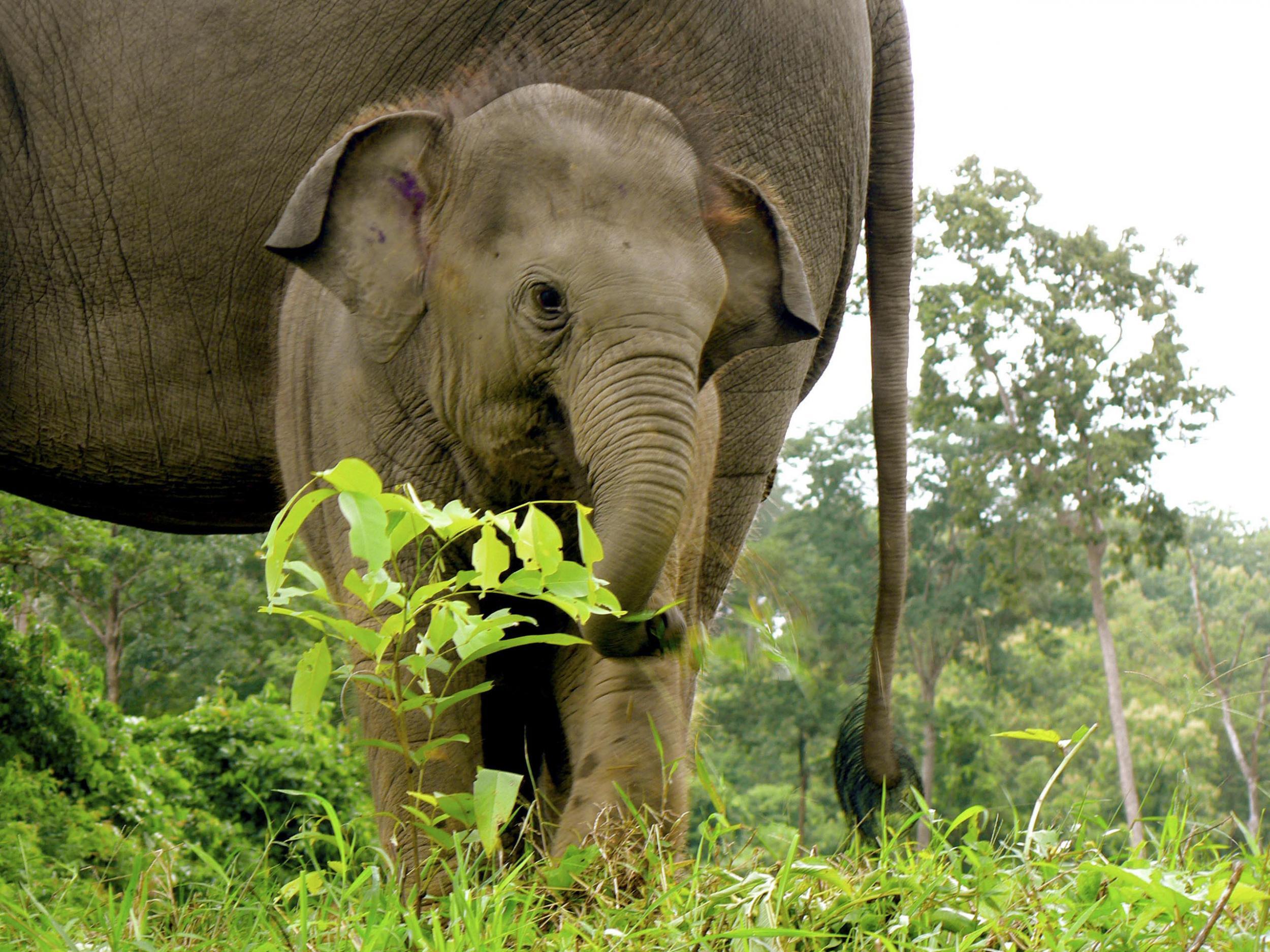Why tourists shouldn't ride elephants
For World Elephant Day, we asked an expert to explain the ethics of riding these magnificent creatures

Your support helps us to tell the story
From reproductive rights to climate change to Big Tech, The Independent is on the ground when the story is developing. Whether it's investigating the financials of Elon Musk's pro-Trump PAC or producing our latest documentary, 'The A Word', which shines a light on the American women fighting for reproductive rights, we know how important it is to parse out the facts from the messaging.
At such a critical moment in US history, we need reporters on the ground. Your donation allows us to keep sending journalists to speak to both sides of the story.
The Independent is trusted by Americans across the entire political spectrum. And unlike many other quality news outlets, we choose not to lock Americans out of our reporting and analysis with paywalls. We believe quality journalism should be available to everyone, paid for by those who can afford it.
Your support makes all the difference.Travel is an opportunity to experience different cultures, meet new people, taste weird and wonderful foods and – for many – get close to wildlife you may have only seen in books or David Attenborough documentaries.
Who doesn’t love to see elephants during their travels? Their majesty, their walk, their amazing trunks, their intelligence… and the delightful antics of baby elephants. In recent years, a whole industry has developed around travel companies offering holidaymakers an elephant "experience". Sadly, many tourists are unaware of the cruelty going on behind the scenes.
People often think that an elephant in captivity is domesticated, and so somehow it’s OK to have it under human command. But the reality is that they never have been domesticated like dogs or horses. Even if born in captivity, they are still wild animals, and need to be "broken" to take tourists on rides or perform in shows. This process is exceptionally cruel and painful.
So what happens in captivity? Elephants will often be chained so they have very limited movement, controlled with sticks or sharp hooks and forced to perform unnatural and stressful activities. In these conditions, elephants often develop health and behavioural problems.
They can become prone to sudden outbursts of aggression towards their handlers, leading to injuries and fatalities. The tragic story of a British tourist who was killed by an elephant in Thailand in February was a stark reminder of this.
When tourists go on a ride or take a selfie with an elephant, they often don’t realise that the animal is suffering. That’s why in 2014, Intrepid Travel abolished elephant rides from its trips.
The response has been overwhelmingly positive. We find that travellers appreciate being better informed and knowing that their travel choice is not causing harm to these extraordinary animals. We are also pleased to have seen many other tour operators follow in our footsteps. My hope is that in another 25 years’ time, we’ll be able to travel and only experience these beautiful animals in the wild, living as nature intended.
Geoff Manchester is the co-founder of Intrepid Travel. A free guide to ethical elephant tourism in Asia has been released by Horizon Guides for World Elephant Day (intrepidtravel.com/elephants-asia-ethically)
Join our commenting forum
Join thought-provoking conversations, follow other Independent readers and see their replies
Comments